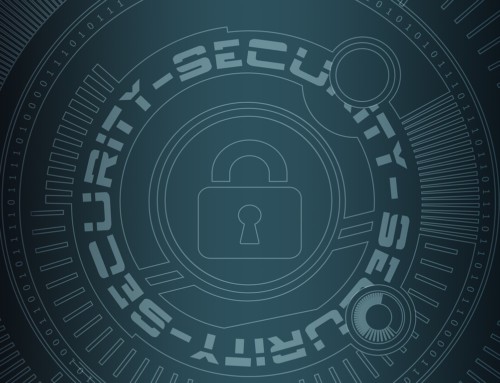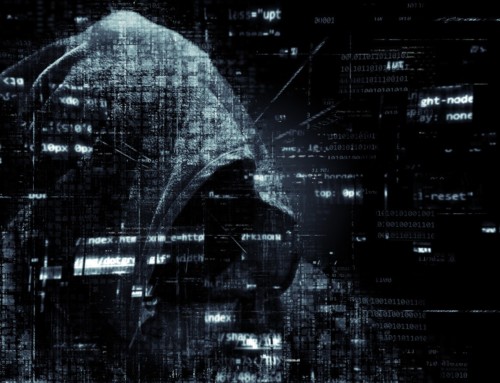Nearly everyone with a computer uses email, putting a lot of trust in the technology to keep information as secure as possible. Email security and the privacy of the messages is important to people since the threat of hackers, viruses, and phishing schemes is growing.
Many people have been scammed out of a lot of money or had their identities stolen because of email scams or account breaches. Businesses have had lawsuits brought against them because hackers have stolen sensitive information. It’s a serious issue.
Email security includes different actions to be taken in order to keep sensitive and confidential data in email communication and accounts secure against unauthorized access, loss, or compromise.
Spam Filters and Virus Scans
Spam filters and virus scans are important. If you have such option you should go to your email settings and set it to scan for spam messages. Spam messages are those that will most likely contain viruses or phishing schemes. You also want your virus software to scan your emails. If you’re using web-based mail, you need a service that has built-in virus scanning.
Unfortunately, these measures aren’t foolproof.
That is why many individuals and businesses use email encryption to protect the sensitive information in their emails. How this works is the email is encrypted between the sender and recipient. This is done by using a military-grade key encoding system.
A key encoding system can possess a public and private key. Only the account owner knows the private key. In the authentication process, a public key is used to verify that the owner of the private key is who they say they are. The holder of the private key can decrypt the encrypted message with the public key.
Using the keys to decrypt a message isn’t difficult. It’s computationally easy for the pair of keys to be generated so emails can be accessed easily. There is no need for the sender and the recipient to have a face-to-face meeting or telephone call to exchange keys. An algorithm is used to generate the keys.
If hackers try to access encrypted emails, they are met with a message that makes no sense. This is because they don’t have a key. There is a good chance they won’t be able to generate the key automatically because of the infinite number of possibilities. This keeps any information within an encrypted email extremely secure.
Email Policies against Phishing Scams
Another important measure, especially for businesses, is a strong email security policy. Many businesses have implemented basic email usage rules, such as
- not opening emails from unknown services and
- not clicking on hyperlinks in the emails if the source can’t be trusted.
Businesses may also include the use of the BCC option in their policies so spammers don’t get a hold of large lists of email addresses. The BCC option hides emails, unlike the CC option, which shows them. It’s also good to carefully use the forward and reply all buttons because email addresses are shown when these are used.
Securing Your Information
It’s important to ensure that both personal and business emails are secure because of the amount of personal and proprietary information that passes through them.
Secure Swiss Data offers a web-based email solution that encrypts emails, so they are secure. This type of email security will keep details secure and give you the peace of mind you need when using email.





Leave A Comment